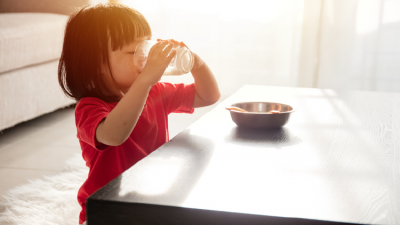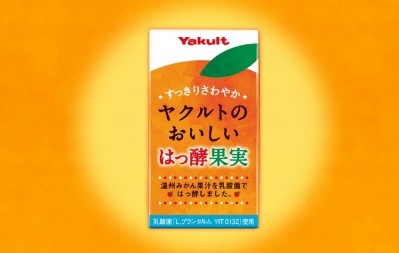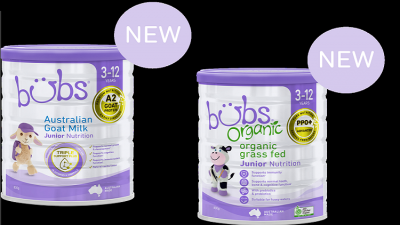Combating cow’s milk protein allergy: Nestlé Health Science China introduces two new FSMPs brands

The two products sold under the brand Althéra and Alfaré are extensively hydrolysed formulas (eHFs) meant for infants with Cow’s Milk Protein Allergy (CMPA).
The two eHFs are a modification from products previously present in the Chinese market in accordance with China’s national standards to better meet the nutritional needs of Chinese babies with CMPA and to meet FSMP registration criteria.
The two products are meant for infants under the age of one.
The main difference between the two lies in the presence of lactose.
Althéra is a lactose-containing eHF meant for infants with mild to moderate CMPA, while Alfaré is a lactose-free option for infants with mild to moderate CMPA and experiencing diarrhoea at the same time.
The company launched the two brands at an event in Guangzhou in mid-January.
The eHFs are made through the processes of complex enzymatic hydrolysis of milk proteins, heating, and ultrafiltration technology.
Most infants with CMPA can tolerate small peptides more than non-hydrolysed milk proteins, said Li Wenjun, chief medical officer of Nestlé Health Science, Greater China Region, at the event.
To meet China’s national standards, eHFs are manufactured by hydrolysing the proteins in partially hydrolysed formulas (pHFs) into smaller milk proteins, peptides and amino acids to reduce the allergenicity of bigger milk proteins, professor Chen Tongxin from Shanghai Children's Medical Center said.
He added that different production processes would affect the degree of hydrolysis, and subsequently, the peptide size.
Nestlé Health Science China has been actively growing its FSMPs range. Two months ago, it officiated its product innovation centre in Taizhou, Jiangsu province, to beef up its new product creation.
Uninformed parents
Most of the Chinese parents and clinical diagnosis have confused CMPA with lactose intolerance.
‘Children under 5 years of age can generally tolerate lactose and the congenital lactose intolerance is rare in the clinics, the elimination of lactose from their diet is usually unnecessary,’ professor Gong Sitang from Guangzhou Women and Children’s Medical Centre said at the event.
She said that adding lactose to eHFs could promote calcium absorption and the growth of intestinal probiotics, palatability of the formula and in turn, increase the compliance of feeding.
A key symptom of CMPA amongst Chinese children is atopic dermatitis. According to professor Ma Lin at Beijing Children's Hospital, 40% to 50% of the infants with CMPA suffered from atopic dermatitis and the rate of prevalence is increasing each year.


















